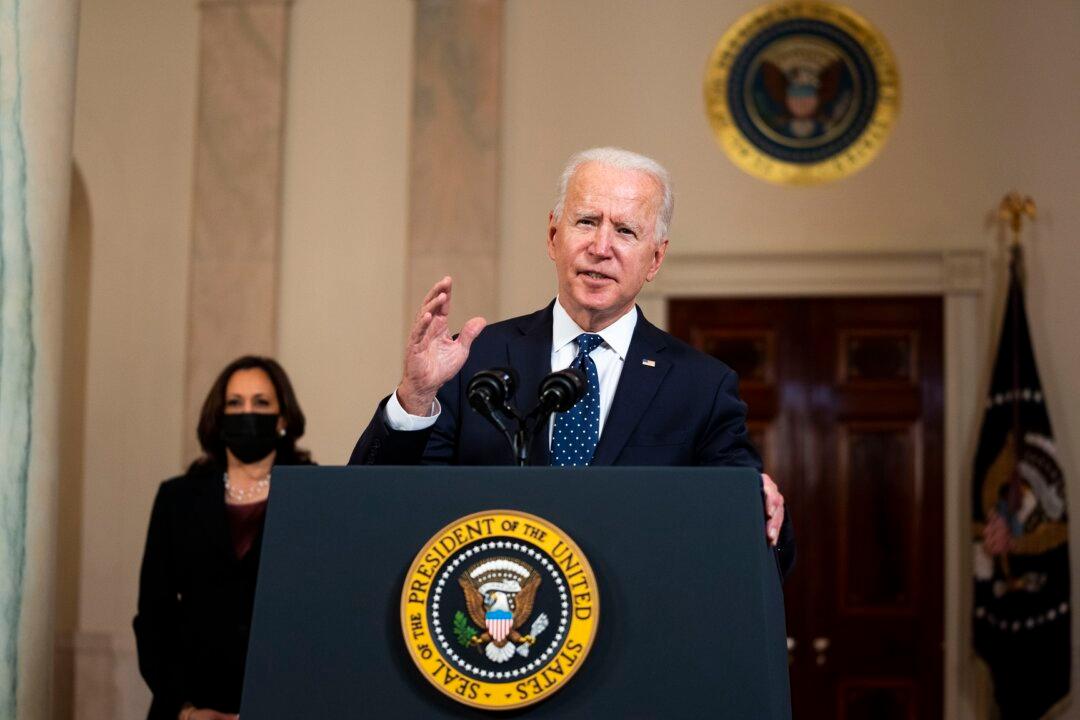The U.S. Food and Drug Administration (FDA) announced on April 29 that it would move to ban menthol cigarettes and flavored tobacco products.
The FDA faced an April 29 deadline to answer a 2013 citizen petition to ban or curb menthol products. The petition turned into a court filing in 2020.





